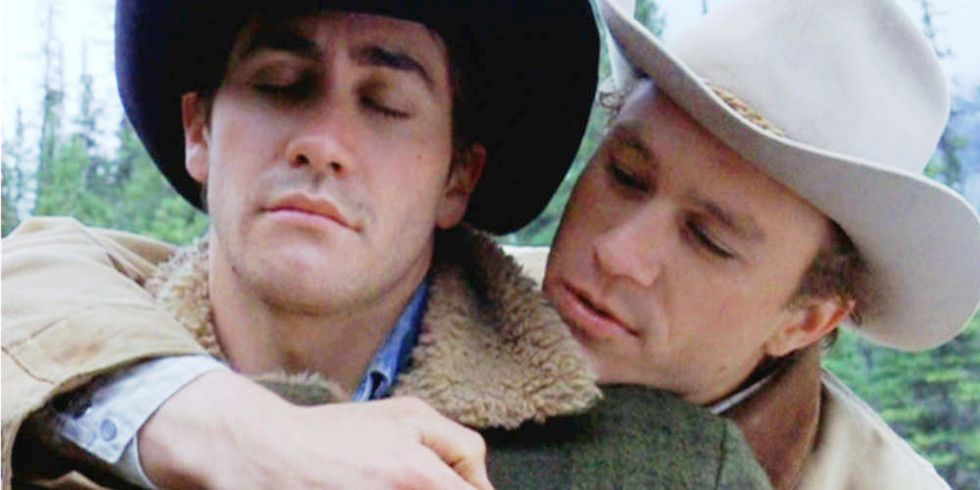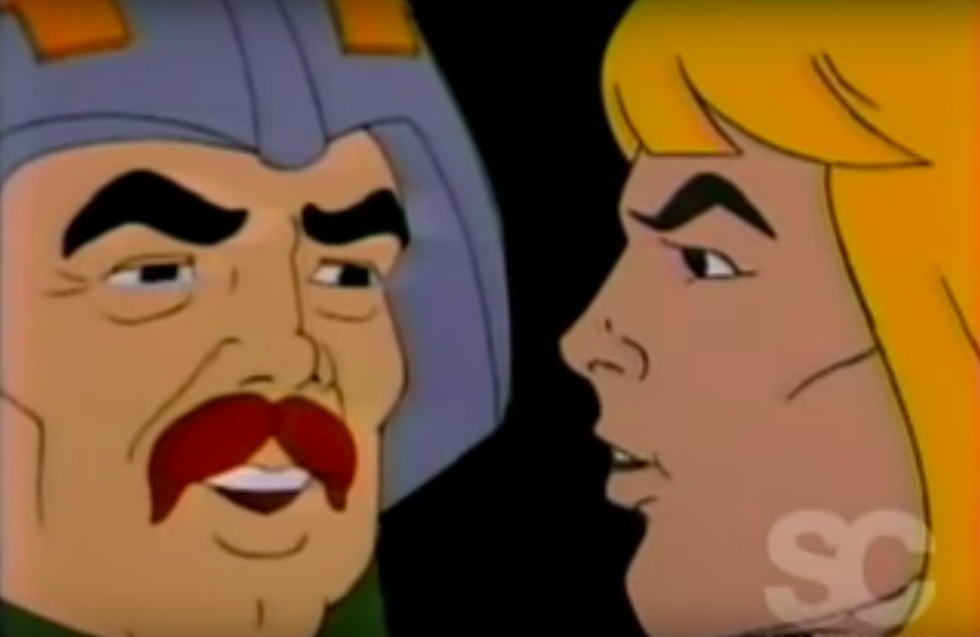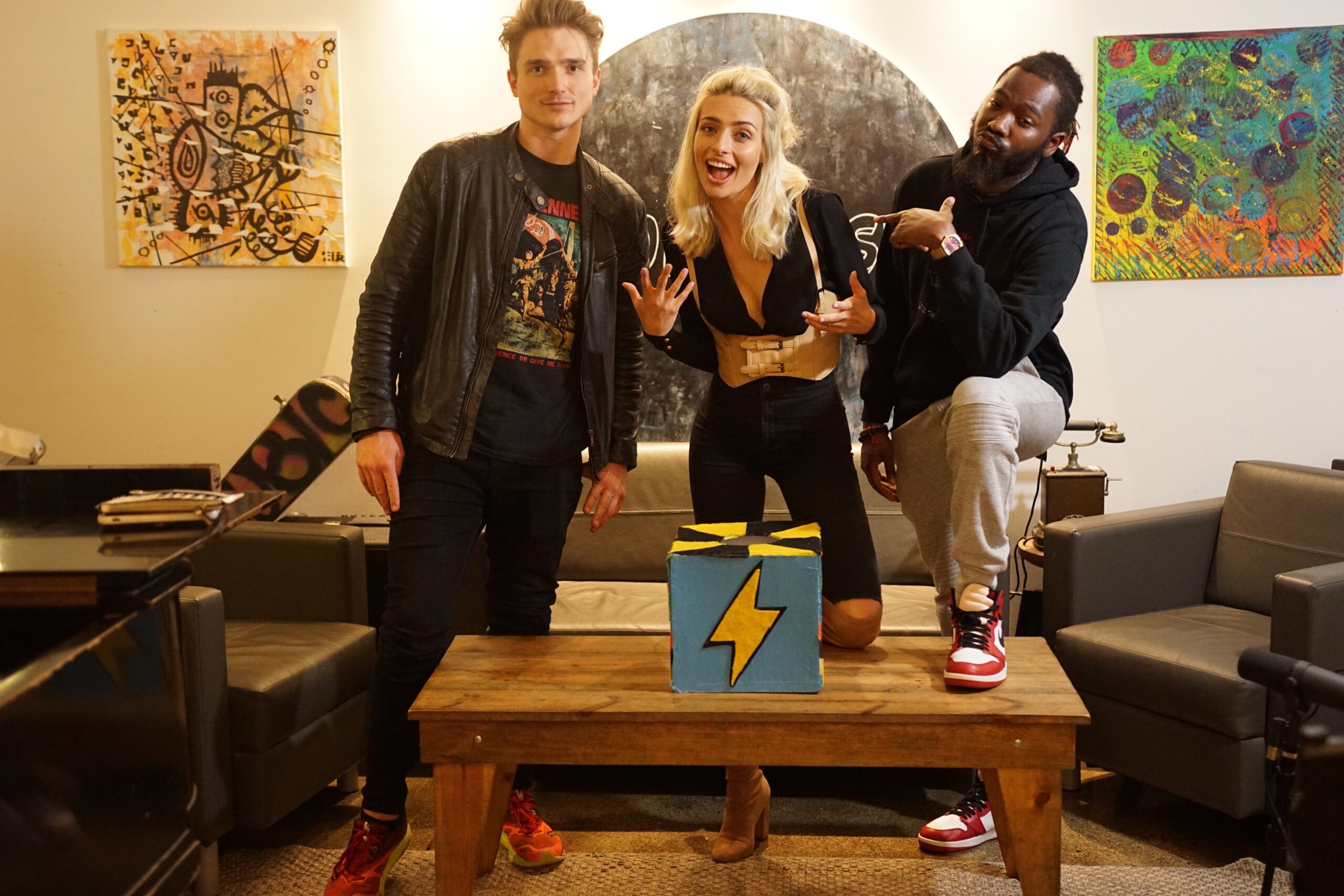
Slackcircus
In December of 2005, Brokeback Mountain shifted queer-coded cinema into the mainstream.
Prior to 2005, “New Queer Cinema”––a term coined by film scholar B. Ruby Rich in Sight & Sound to define the queer-themed independent film movement, which focused on rejecting heteronormativity and concentrated on LGBTQ protagonists––existed on the fringe of the film world. It’s worth noting that while the movement primarily refers to the boom in independent LGBTQ films from 1992 onwards, queer cinema existed for many years prior, albeit without a proper name. But regardless of nomenclature, New Queer Cinema was typically designated for niche audiences, relegated to arthouse showings at best.

And then came Brokeback Mountain, a wide-release movie about two queer cowboys, directed by Ang Lee and starring A-List actors Heath Ledger and Jake Gyllenhaal. In a sense, Brokeback Mountain went viral, spawning endless memes, parodies, and even an entire episode of South Park. New Queer Cinema had entered the mainstream public consciousness.
“I mean I don’t want to underestimate the extent to which Brokeback did its work, because it really did,” reflected Rich in a 2015 retrospective on the film. “It changed attitudes across generations. It was obviously extremely powerful among gay men, but it was also unimaginably transformative for people in rural areas outside of major metropolises.” In the years following Brokeback Mountain, the conversation around queer culture changed drastically, with LGBTQ representation becoming more and more prominent in media and the Supreme Court finally legalizing same-sex marriage.
But in 2005, before Brokeback Mountain even came out, there was another viral piece of queer-coded media that took the Internet by storm––a video dubbed “Fabulous Secret Powers,” and alternatively, “He-Man Sings” or “HEYYEYAAEYAAAEYAEYAA.”
Originally posted to the Something Awful Forums––the pre-YouTube platform that spawned many of the Internet’s early memes––”Fabulous Secret Powers” spread from forum to forum, eventually going on to rack up over 150 million views on YouTube and becoming one of the early Internet’s most viral sensations.
Combining animated footage from He-Man and the Masters of the Universe with a cover of alt. rock band 4 Non Blondes’ 1992 single “What’s Up,” “Fabulous Secret Powers” follows a forbidden romantic affair between He-Man/Prince Adam and Man-At-Arms/Duncan. The songs’ sound and lyrics lend themselves surprisingly well to this endeavor.
Set to a pulsating electronic keyboard beat, the ridiculously catchy chorus (“And I say, hey hey hey hey / I said hey, what’s going on?”) is almost always coupled with He-Man in a pink shirt, head thrown back against a glittery rainbow background. The image became so popular that it even inspired an official special edition “Laughing Prince Adam” action figure. But the verses betray a starker reality.
As the upbeat keyboard continues, He-Man sings: “And so I cry sometimes / When I’m lying in bed / Just to get it all out / What’s in my head / And I am feeling a little peculiar.” We then catch a glimpse of He-Man’s AIM (AOL Instant Messenger, for you Gen Z trash) chat with Man-At-Arms. “Hey STUD!” writes He-Man, before quickly following with, “LOL j/k.”
He-Man’s plight likely mirrored the experiences of a lot of young queer people in the early 2000s who were forced to come to terms with their identities during a time when they were still considered taboo in mainstream culture. “Oh my god do I try / I try all the time / in this institution,” sings He-Man. “Oh my god do I pray / I pray every single day / For a revolution.”
As He-Man wrestles with the contrast between the societal position he finds himself in and his feelings for Man-At-Arms, we realize that his love isn’t unrequited––Man-At-Arms has feelings for He-Man, too, and is seen gazing at He-Man longingly. The beat slows down as the two men face one another, and the Sorceress of Castle Grayskull intrudes to tear them apart: “Don’t cry out loud / Just keep it inside / Learn how to hide your feelings.” A tear rolls down Man-At-Arms’ cheek.

The song concludes on a downbeat note, the music now soft and slow with He-Man surrounded by empty black space: “Twenty-five years and my life is still / Trying to get up that great big hill of hope / For a destination.”
Watching the video, it’s obvious that “Fabulous Secret Powers” is intended to be funny. Created by two animators from a group called Slackcircus who were inspired by Eric Fensler’s G.I. Joe PSAs––mainstays on early Internet meme boards––”Fabulous Secret Powers” almost certainly wasn’t intended to be New Queer Cinema. But at the same time, there’s also no denying that “Fabulous Secret Powers” was ahead of its time on LGBTQ representation.
Unlike many Internet cultural artifacts from the early-mid 2000s, “Fabulous Secret Powers” didn’t portray a queer identity as something bad or wrong. Rather, it approached queer identity from the perspective of He-Man, presented here as a closeted queer man (which, for the record, is a common reading of the character by queer people) attempting to come out. The video, while humorous, also places us into He-Man’s shoes and plants us firmly on his side. He isn’t seen as wrong for wanting to express his feelings. Society is wrong for forcing him to push those feelings down. In 2005, pre-Brokeback Mountain, that was not a common sentiment online.
Ultimately, despite the fact that it rejects heteronormativity and focuses on LGBTQ protagonists, it still might be a stretch to deem “Fabulous Secret Powers” as New Queer Cinema—particularly because most film critics wouldn’t want to place feature films and Internet videos into the same categories. Still, “Fabulous Secret Powers” was arguably one of the first queer-centric viral videos to hit a mainstream level of popularity (or at least as mainstream as something could get online in the mid-2000s). So while Brokeback Mountain certainly paved the way for future generations of Queer Cinema, perhaps “Fabulous Secret Powers” laid the groundwork for someone, somewhere, in some Internet niche, to reassess their views just a little bit earlier.












